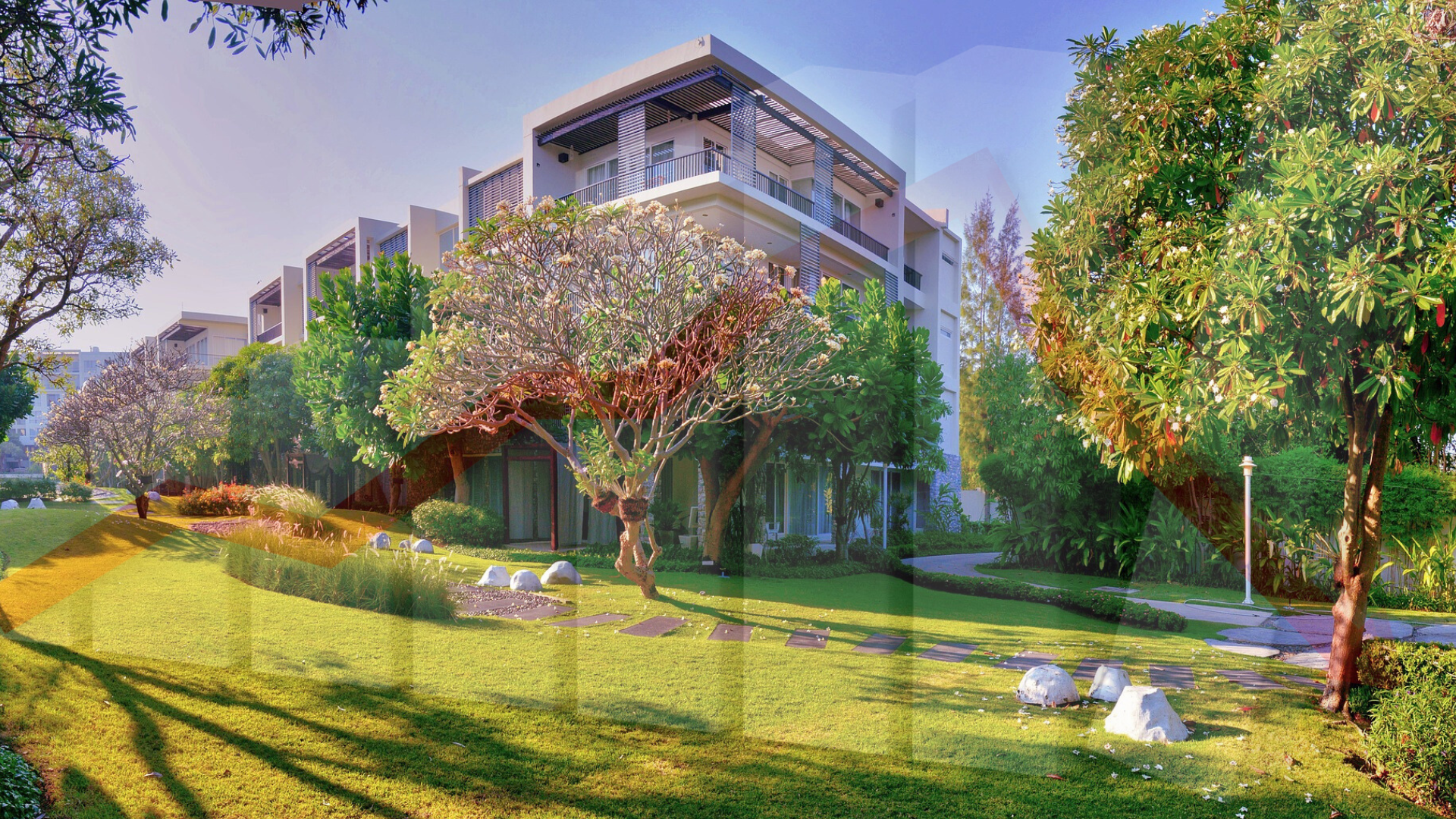In a city known for its sky-high property prices, Singaporean investor Damien Tan, Chief Executive Officer at AIA Financial Advisers, stands out as a prime example of real estate acumen and strategic investment. At just 24, Tan has successfully mastered Singapore’s competitive real estate market, acquiring two high-value condominiums – one valued at S$1.25 million and another at S$1.26 million. His story is not just about personal success but also offers insights into the broader implications of real estate investment, particularly when compared to current fears surrounding the U.S. housing market.
Tan’s journey began in a modest setting, growing up in a single-parent household where he was introduced to real estate by his mother, an seasoned property agent. Inspired by her career and the financial potential of property investment, Tan ventured into the real estate field himself in 2020. By 2023, his role at JNA Real Estate allowed him to accumulate around S$500,000 in commissions. This lucrative career move laid the foundation for his real estate investments.
“Property is something that I strive hard to own as it’s a safety net for my family and future family. It’s a nest egg that continues to grow in value,” Tan said during an interview, according to Yahoo Finance Singapore.
Tan’s approach to investing has been both strategic and disciplined. He began with a focus on equities and commodities, driven by principles from Robert Kiyosaki’s “Rich Dad Poor Dad” and trading guru Adam Khoo.

Despite early losses, Tan remained committed to a low-risk, high-reward strategy and emphasized investments that offered peace of mind. His disciplined approach and early exposure to real estate allowed him to buy two high-value condos in Singapore, and this success defied the typical challenges faced by young investors.
The obvious contrast between Tan’s achievements and the current U.S. real estate market conditions is clear, as Tan’s investments reflect exceptional personal determination and acumen in a buoyant market, whereas the U.S. market has been facing several critical challenges. Fresh reports indicate a growing concern about the U.S. housing market, driven by rising interest rates, inflation, and geopolitical uncertainties. A notable trend in the U.S. market is the increasing fear of a potential downturn. Interest rates, having surged to levels not seen in decades, have significantly impacted mortgage affordability. This has led to decreased housing affordability and a slowdown in home sales. The latest Federal Reserve rate hikes, for instance, have led to a 30-year fixed mortgage rate approaching 8%, a level that has historically been a red flag for housing market slowdowns.
Moreover, geopolitical events and economic uncertainties have further exacerbated market fears. With the ongoing conflict in Europe, instability in the Middle East, and upcoming U.S. elections, there is considerable anxiety about potential economic repercussions. These factors have contributed to a cautious outlook among investors and potential buyers, and have made the U.S. housing market more volatile and unpredictable.
In contrast, Singapore’s real estate market, despite being among the most expensive globally, shows resilience and adaptation. The market’s dynamics are shaped by local policies, economic conditions, and the preferences of wealthy investors. While Singapore’s luxury condo market has faced some headwinds, including high transaction costs and foreign buyer restrictions, it remains relatively robust. According to recent reports, luxury non-landed homes saw a significant uptick in transactions in the second quarter of 2024, with a 7.5% increase in sales compared to the previous quarter.
The situation in Singapore is, however, not without its challenges. Data shows that some high-end properties have experienced significant losses. Luxury condos in prime regions like Sentosa and Marina Bay have seen substantial devaluations, for example. These losses are partly attributed to the new Additional Buyer’s Stamp Duty (ABSD) measures, which have impacted foreign buyers and investors in prime locations. Despite this, Singapore’s market is adapting, with increased activity in certain segments, suggesting that while challenges exist, opportunities also remain.
In fact, Tan’s success is a testament to the potential for strategic investment in a volatile market, and his achievements underscore the importance of understanding market conditions, having a clear investment strategy, and being prepared to adapt to changing circumstances. But for young investors aiming to follow in Tan’s footsteps, it is essential to adopt a disciplined approach and stay informed about market trends and economic indicators, as the market involves numerous factors that can significantly affect investment outcomes, including fluctuations in economic conditions, shifts in investor sentiment, and changes in regulatory environments.
Tan didn’t achieve success effortlessly. To address his challenges, he engaged with mentors and delved into pertinent content for solutions. This strategy transformed his self-doubt into a proactive attitude towards rejection. “Let’s say you face nine rejections in a day and feel demoralized,” Tan said.
“A new perspective (is) for every 10 people who rejected me, I got one lead. Therefore, every rejection that I get is a good thing because it brings me closer to closing a deal.”
Here, the circumstances differ: while investor Damien Tan successfully managed Singapore’s high-priced market, investors in the U.S. are grappling with a more complex and uncertain market environment. And, this difference showcases how market conditions, economic policies, and geopolitical factors can significantly impact real estate investment outcomes. Despite everything, 24-year-old Tan’s story offers valuable lessons on how a focused investor can adapt their strategy to excel amid varying challenges.







